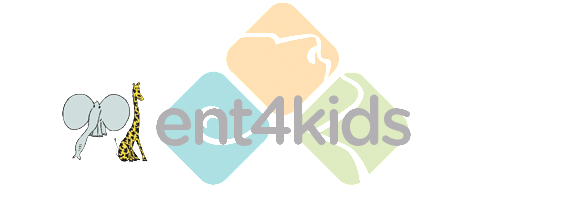What treatments are there for noisy breathing and sleep apnoea?
Treatment is important to improve the quality of sleep of the child, which will then have secondary effects on their energy levels during the day and their ability to concentrate and focus.
Sometimes treatment may be as simple as improving the child's nasal airway. Nasal steroid sprays may be of benefit, but are probably best not to use on a long-term basis.
If your child has allergies, try to minimise allergen exposure from the bedroom, such as removing soft toys from the bedroom (most common source of dust mite) or changing their bedding to a non feather variety.
Finally, if the tonsils and adenoids are significantly enlarged, then surgery may be necessary. Not all children need to have both their tonsils and adenoids removed especially if the adenoids are particularly enlarged and the tonsils do not appear to be obstructing. Sometimes an examination with a tiny fiberoptic camera in the nose is used to clarify the size of the adenoids and to see if the tonsils are blocking the airway.
Serious complications from sleep apnoea
Very rarely, particularly in small children or those who have craniofacial syndromes, the obstructive apnoea may have secondary effects on their heart and in very rare cases heart failure can be seen.
